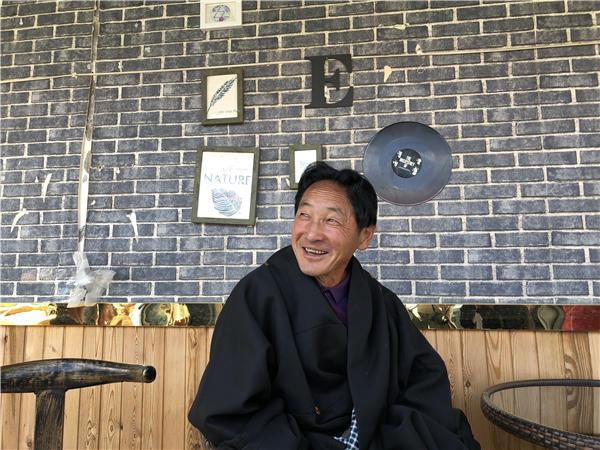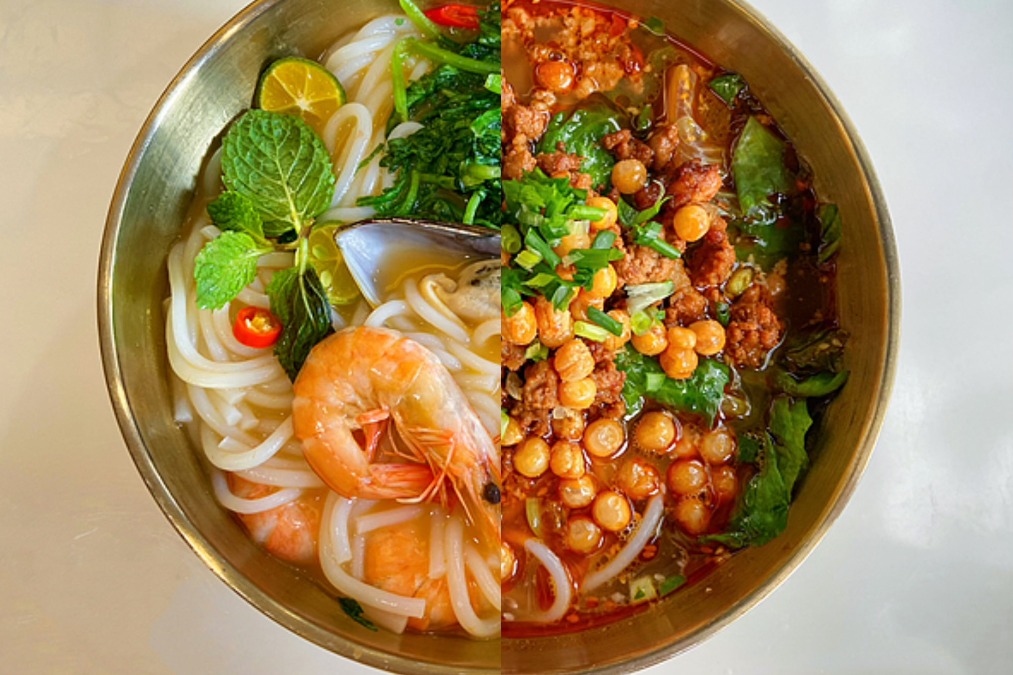Where trash was once king


She found that although many Tibetan ethnic tourists came to Yeliguan to pray at Yehai Lake, there was no Tibetan-style guesthouse in the town.
As a result, with the support of the government, she remodeled the family establishment into a Tibetan-styled guesthouse, supplying Tibetan food. The price for each bed for a night has risen from 30 yuan to 210 yuan, and revenue has shot up from 1,500 yuan a day to 9,000 yuan a day, she says.
The guesthouse has a booking page on various online platforms and within two months of opening, revenue had exceeded 300,000 yuan.
Zhao Norjinma's guesthouse is just one of the tens of thousands of guesthouses the prefectural government is building.
Some of those can be found in the village of Gaxiu, which is located at a crossroads along National Highway 213, which stretches more than 2,800 kilometers, from Gansu province to Yunnan province. Gaxiu's inhabitants are upgrading their premises to better meet tourist demand, and as a way of ensuring that competition is fair, guesthouses are required to have their own special characteristics.
Guru Tashi, 57, owns the only cafe in the village. It all started in May 2017 when several foreign motorcyclists arrived at his door, asking whether they could buy some coffee.
The motorcyclists, who had come from Labrang Monastery, were riding along the highway headed for Langmu Temple in the south. Langmu Temple tourist spot is one of the most popular destinations for foreign tourists to Gannan and is nicknamed Little Switzerland.
"Coffee is very new here," Guru Tashi says. "I thought it was a chance because we couldn't all provide just Tibetan food. So in my guesthouse we sell freshly brewed coffee, to which we add yak milk."
The cafe and three guestrooms, Guru Tashi says, give him income of more than 30,000 yuan a year, in addition to the 40,000 yuan a year he can earn with his 200 yaks.




































